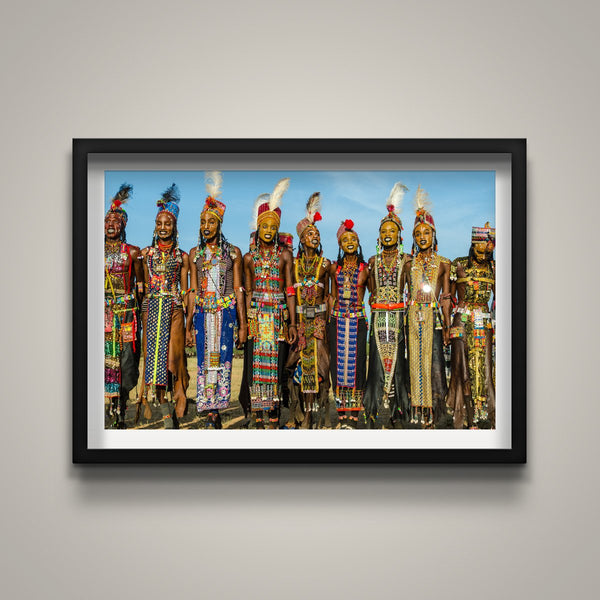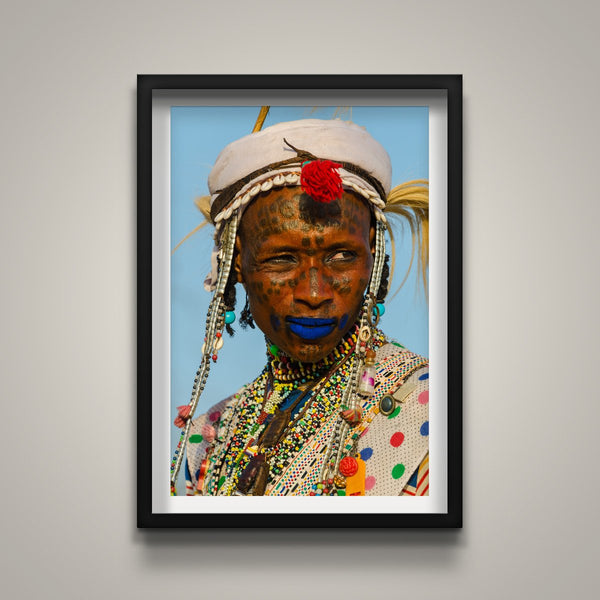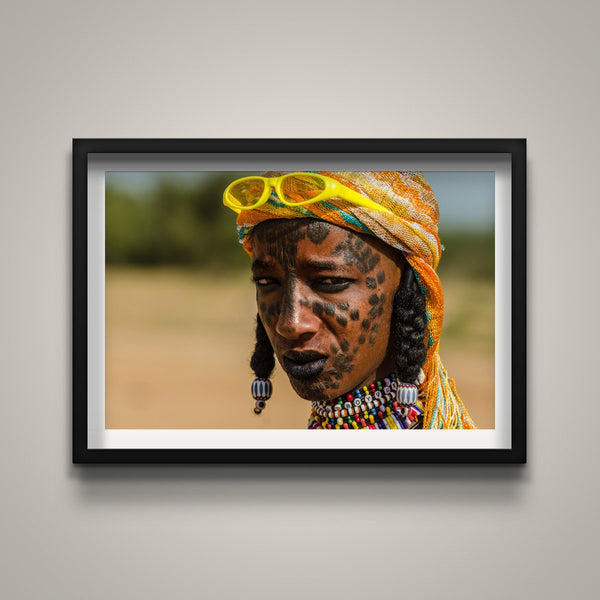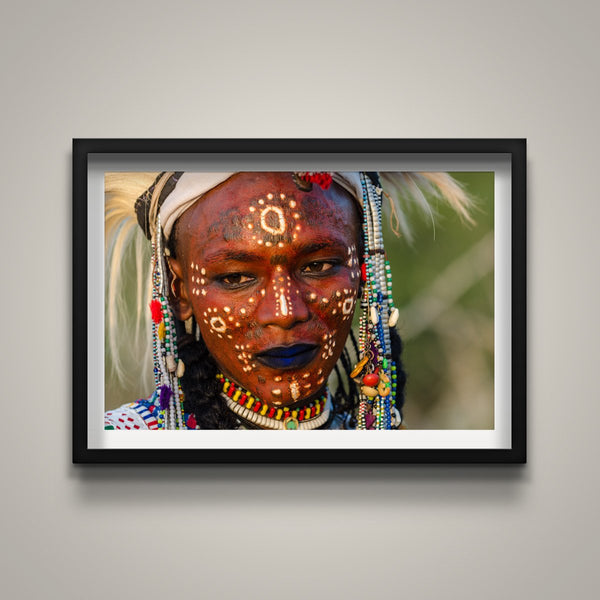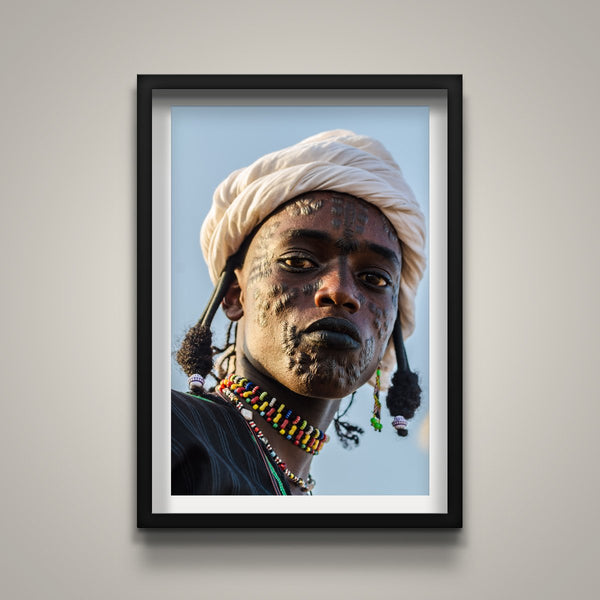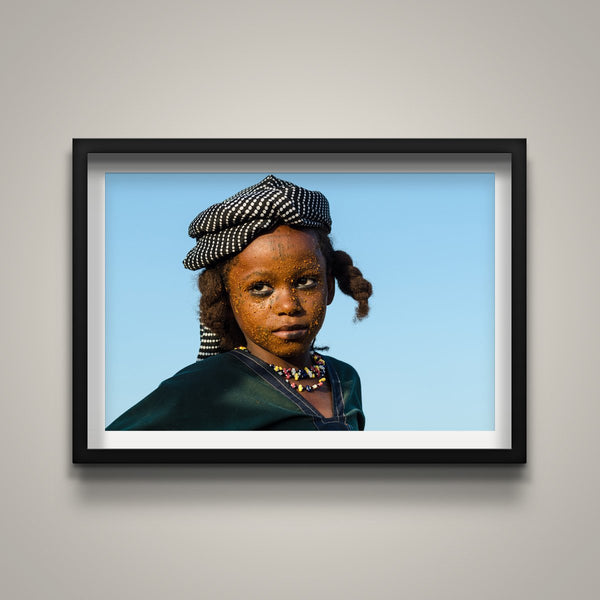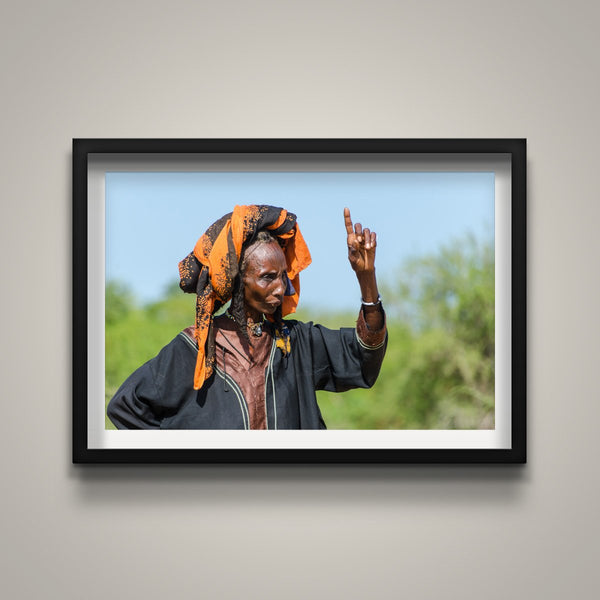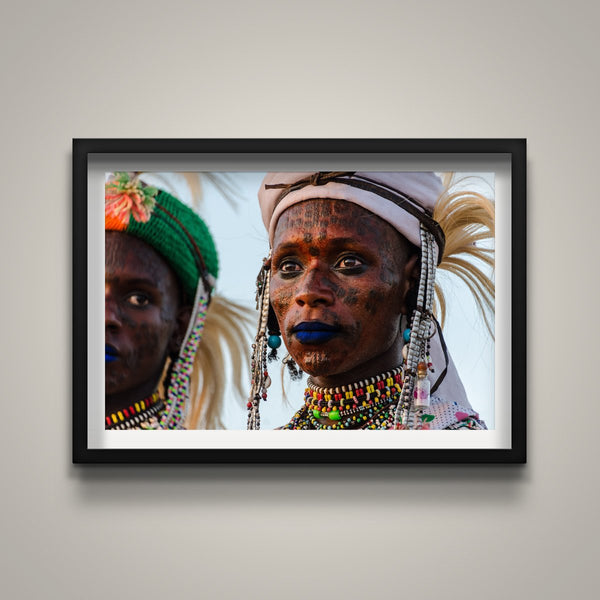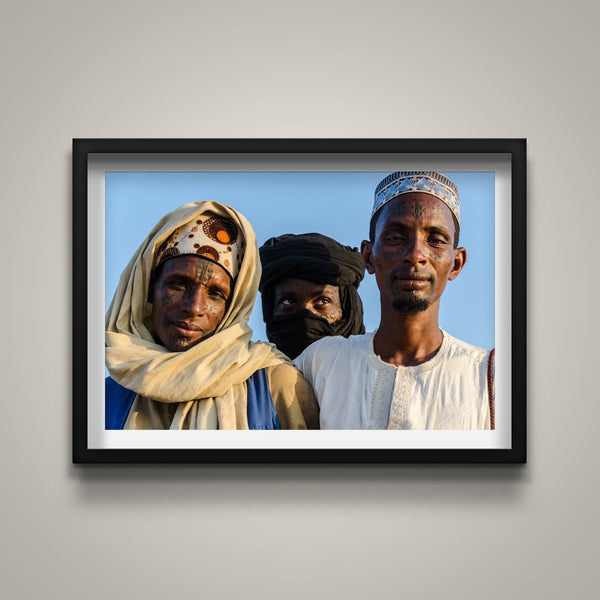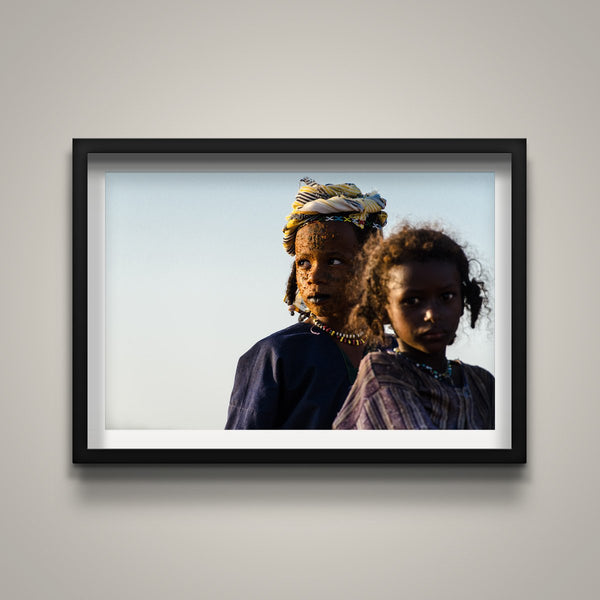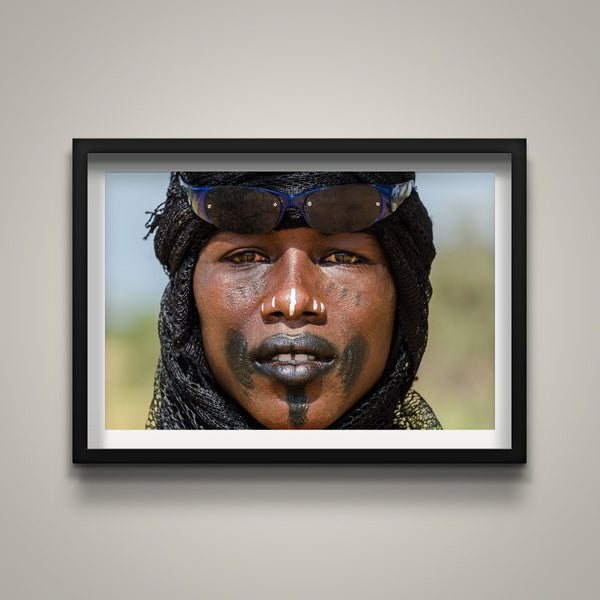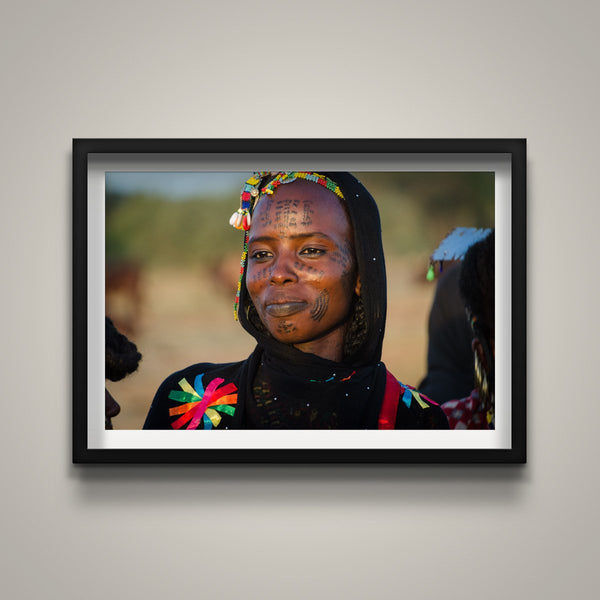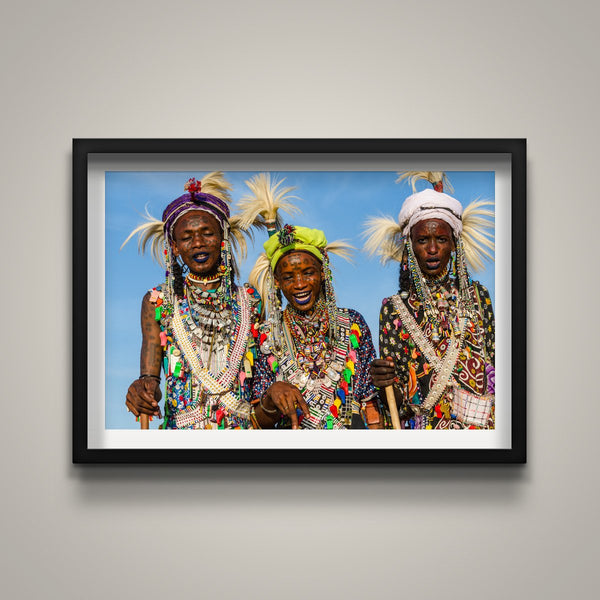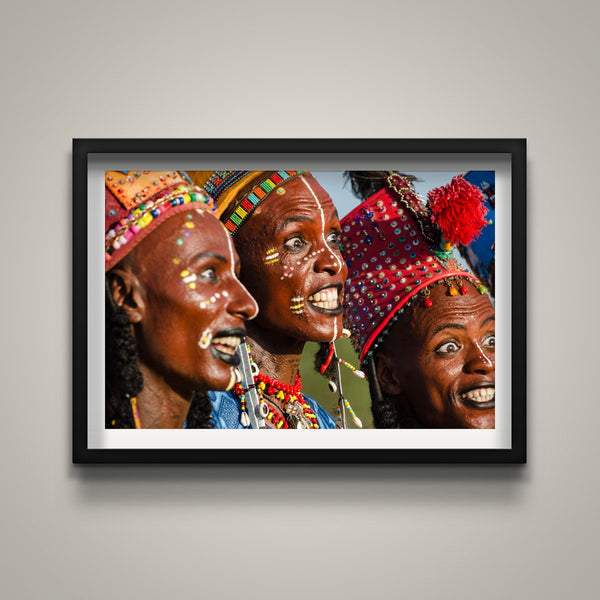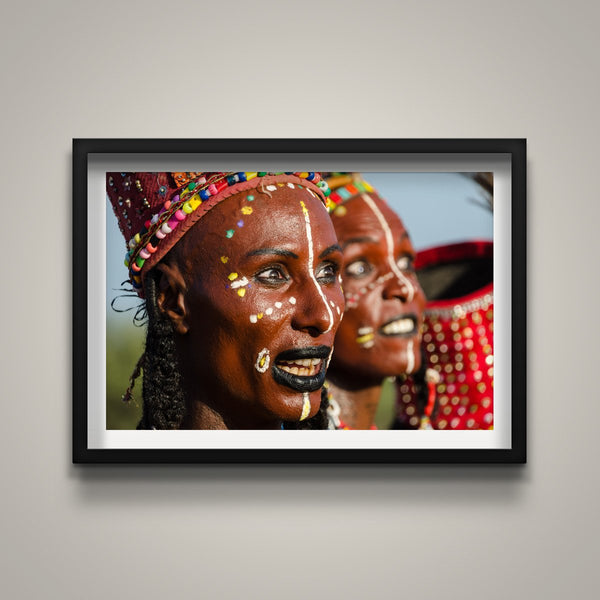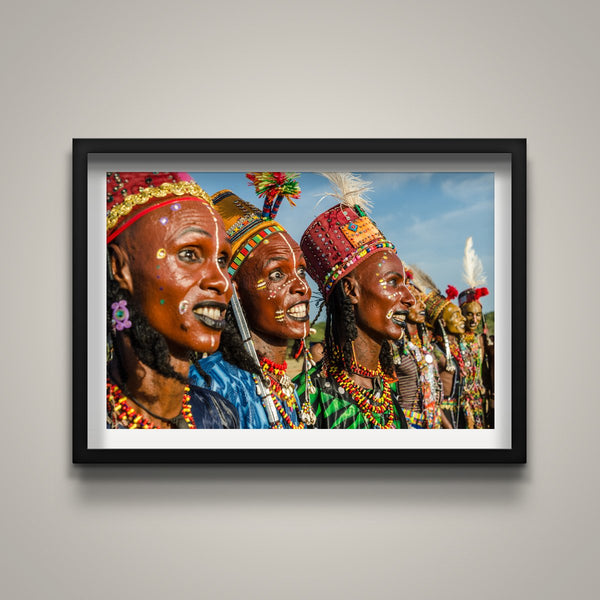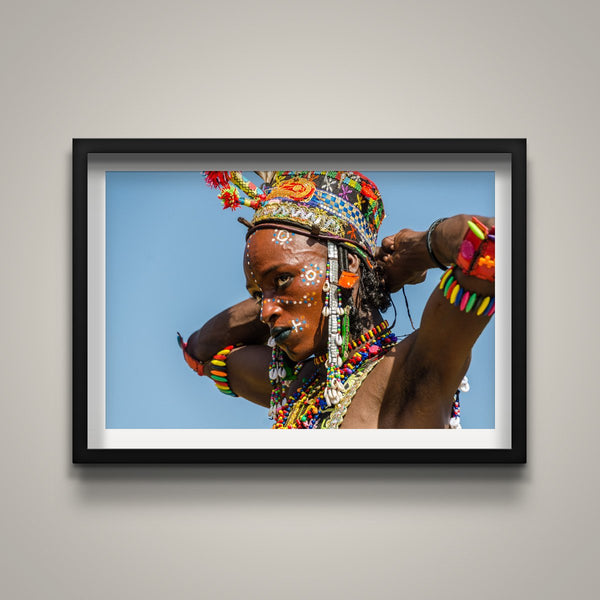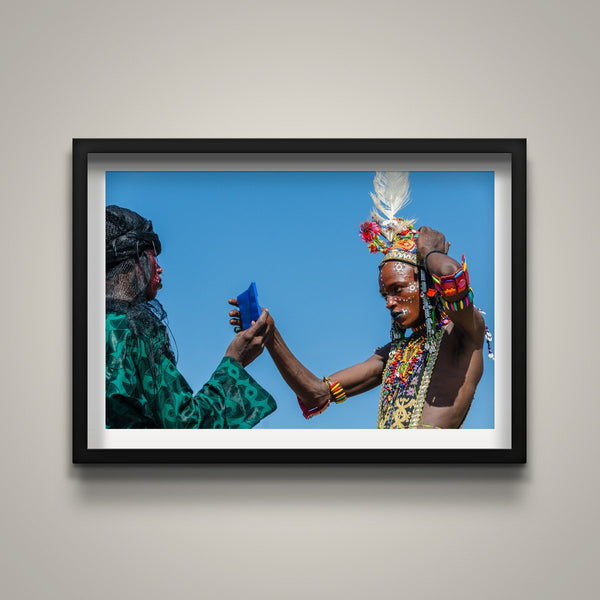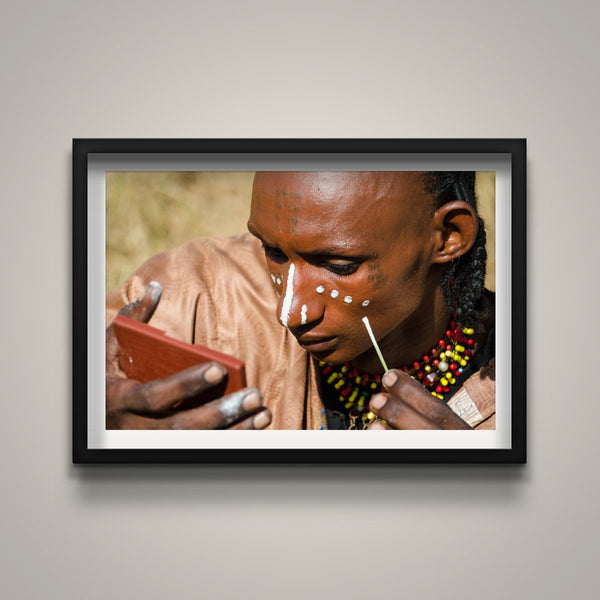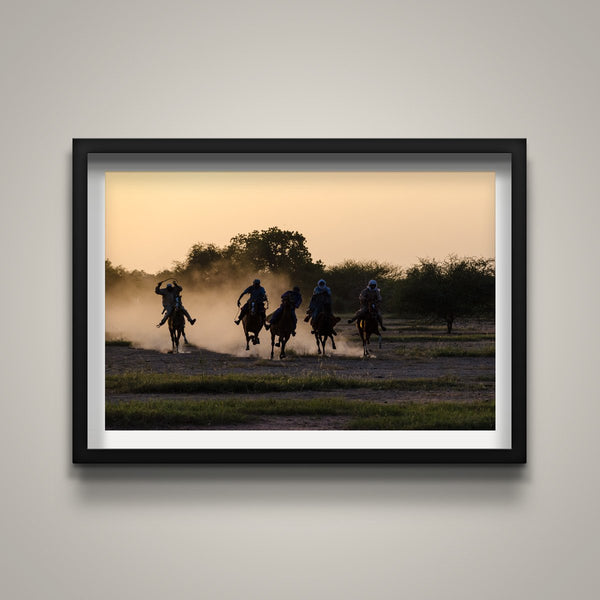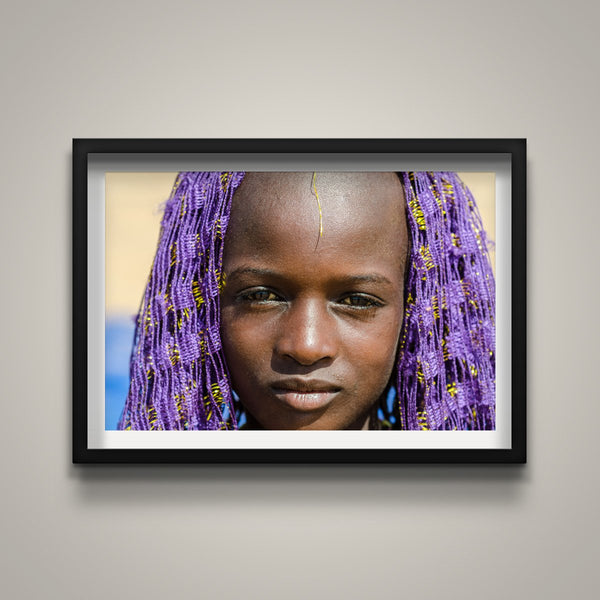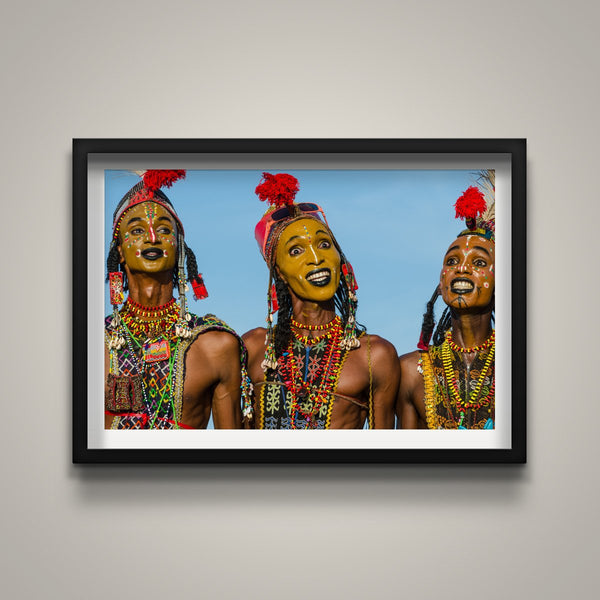Wodaabe
Witness the captivating Gerewol Festival, where Wodaabe men transform into living art during one of Africa's most extraordinary courtship rituals. This multi-day celebration in Chad showcases elaborate makeup, ornate costumes, and hypnotic dancing as young men compete for the attention of potential brides.
Wodaabe tribe, predominantly Fulani-speaking pastoralists, maintain rich cultural traditions through their nomadic lifestyle. Within this fascinating ethnic group, the Susukan and Japto clans are particularly renowned for their participation in the Gerewol, each bringing distinct stylistic elements to their performances and ceremonial attire. The Fulani language, with its melodic tones and complex structure, fills the air during festivities as competitors sing traditional praise poems highlighting their beauty and grace.
Journey to the remote steppes after the rainy season to experience this authentic cultural spectacle firsthand. The Wodaabe (also known as Bororo) are among Africa's last true nomads—a Fulani sub-group who maintain their ancestral cattle-herding lifestyle between Niger's Sahara Desert and grasslands. During Gerewol, the competition between Susukan and Japto clan members adds an additional layer of complexity to the celebration, with each clan showcasing their distinctive dance variations and decorative traditions.
The Gerewol Festival offers a rare glimpse into vanishing nomadic traditions, where beauty, artistry, and cultural heritage blend into an unforgettable visual feast unlike anything else on earth—a living testament to the enduring cultural practices of these remarkable Fulani-speaking nomads.
